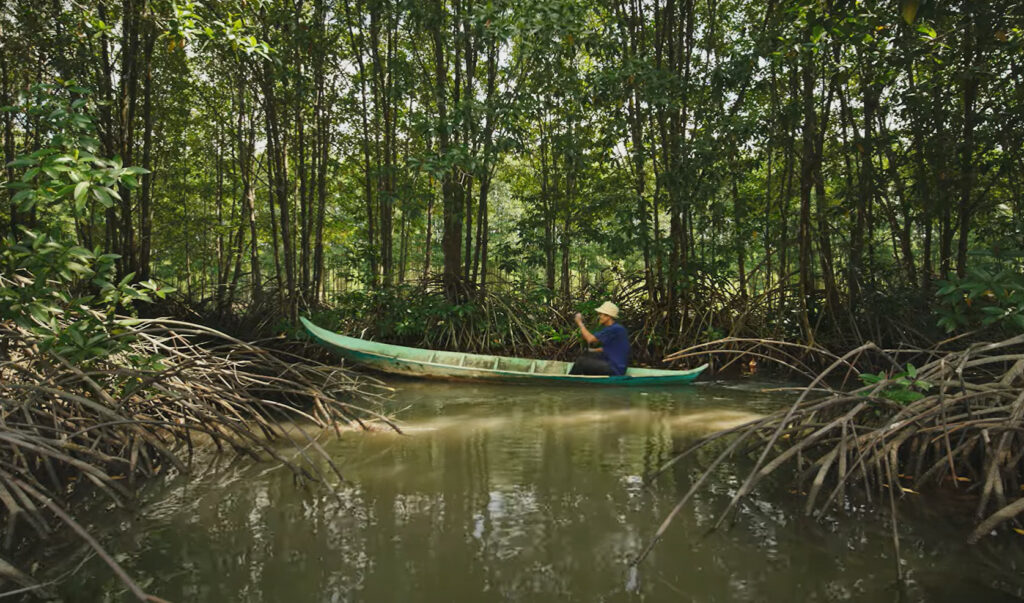The Faces of Tilapia
Behind the tilapia that you purchase at your local supermarket or restaurant are the people who farm and process the fish.
For many, farming and processing tilapia isn’t just a job. It’s a way of life. And for those committed to doing things responsibly, it’s a passion.
Currently, 92 tilapia farms and 91 tilapia processing plants worldwide are Best Aquaculture Practices (BAP) certified. Of those, the majority — 79 farms and 50 processing plants — are located in China.
These people are committed to the environment, social integrity, and the health of the animal and consumer, and, as part of the BAP third-party certification program, their farms and processing plants are inspected annually by a third-party auditor who verifies as much.
One of those farmers is Ms. Fan Biyan, who has been farming tilapia in China’s Hainan province since 2004.
She started the farm with her husband, using shovels to dig their ponds because money was tight. Her husband has since passed away, forcing Mrs. Fan to raise her fish, and her two children (one son and one daughter), on her own. But she succeeded as a mother and a farmer. Her children are well educated, and now her daughter owns tilapia farms. Mrs. Fan says farming has provided “so many happy memories” and that she can’t imagine retiring. “I thank this fish, as it has contributed a lot to my life,” she says.
China’s tilapia-farming industry is made up of many small family farmers, including Mr. Tao Nanwei and his son, Mr. Tao Weihong, who is attending university but often returns to his family farm to help his father.
As secretary general of Hainan Tilapia Sustainability Alliance, Mr. Han Xuefeng, who has 16 years of experience in the industry, is passionate about ensuring that the fish is farmed and processed responsibly and sustainably. “For me, the tilapia industry is the career I fight for, and it is one of the most important parts of my life,” he says. “To produce high quality, healthy, safe tilapia … is to provide consumers with good protein. This is the source of my work enthusiasm.”
Once the fish are harvested, they are trucked to a facility where they are processed and packed for shipment to supermarkets and restaurants in markets like the United States, giving consumers of all income levels access to an affordable, versatile whitefish.
Ms. Chen Zhangnv is the vice quality control manager at a Fishin’ Company processing facility.
She has been in the tilapia industry for 11 years. Like all consumers, Ms. Chen is concerned about the safety of food and thus takes great pride in the responsibility that comes with her job, which is to ensure that her facility is held to high food safety standards. Food safety is one of the key pillars of the BAP program.
The same goes for the feed manufacturers that produce the feed that the fish eat.
Food safety is a top priority for Ms. Lu Meina, quality control manager at a Fishin’ Company feed manufacturer.
She studied aquaculture in school and has been in the industry for 12 years. “There is a Chinese old saying: ‘Food is the most important element in people’s lives.’ And I think food safety is the most important element of the food industry. To guarantee tilapia feed safety is to guarantee tilapia product safety.”




